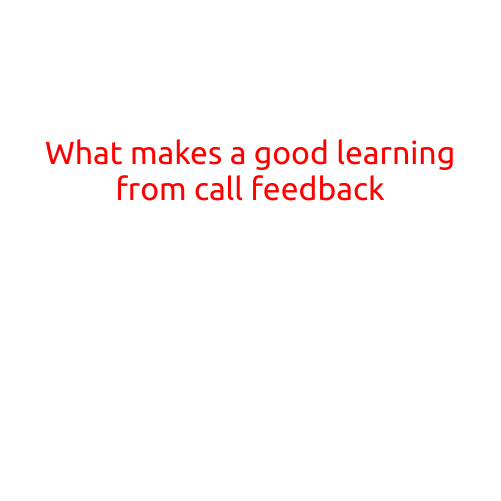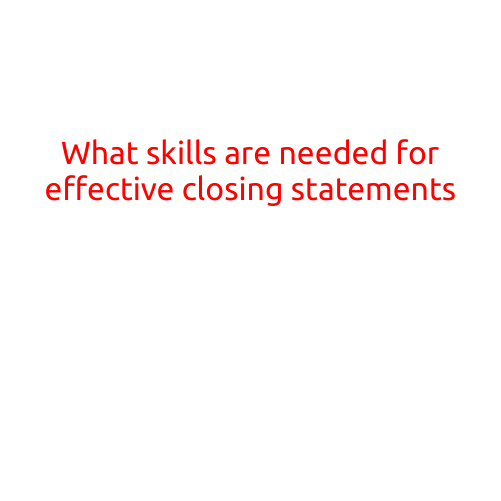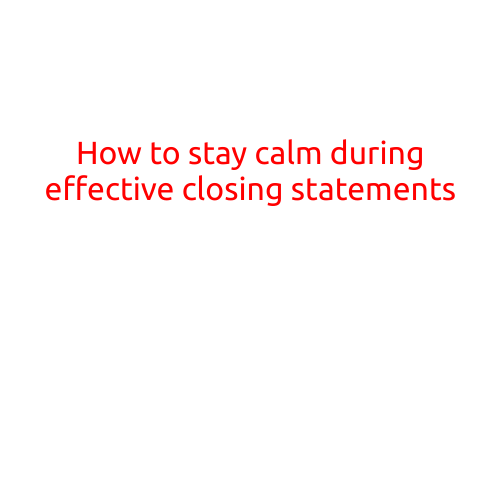
What Makes a Good Learning from Call Feedback
Providing feedback to operators or customer service representatives after a call can be a powerful tool for improving performance and enhancing the overall customer experience. But, not all feedback is created equal. In this article, we’ll explore what makes a good learning from call feedback and how to get the most out of this valuable information.
Why Feedback Matters
Feedback is a crucial component of the learning process. It provides operators with the opportunity to reflect on their performance, identify areas for improvement, and develop new skills. When done effectively, feedback can help operators:
- Improve customer satisfaction
- Increase first-call resolution rates
- Enhance knowledge and skills
- Boost morale and confidence
What Constitutes Good Call Feedback
A good call feedback session should provide actionable insights that operators can use to improve their performance. Here are some key elements of effective feedback:
- Specificity: Feedback that is specific and focused on a particular behavior, action, or decision is more effective than general or vague comments. For example, instead of “you were too pushy,” say “at 3:45 PM, you pressed for a decision before fully understanding the customer’s issue.”
- Relevance: Feedback should be relevant to the operator’s role and the customer’s needs. It’s essential to focus on the most critical aspects of the call, such as customer satisfaction, resolution rate, or compliance with policies.
- Timeliness: Feedback provided soon after the call, while the interaction is still fresh in the operator’s mind, is more effective than feedback delayed by days or weeks.
- Objectivity: Feedback should be objective and free from bias. It’s essential to evaluate the operator’s performance based on measurable criteria, such as customer satisfaction scores or key performance indicators (KPIs).
- Framing: Feedback should be framed in a positive and constructive manner, focusing on improvements and opportunities rather than criticism or negative consequences.
Best Practices for Providing Call Feedback
To get the most out of call feedback, follow these best practices:
- Use Technology: Utilize technology, such as speech analytics software or quality monitoring tools, to automate the feedback process and reduce the risk of human bias.
- Focus on Behavior: Instead of evaluating the operator’s personality or traits, focus on their behavior and actions during the call.
- Provide Context: Provide context for each piece of feedback, including the customer’s issue, the operator’s actions, and the outcome of the call.
- Encourage Self-Assessment: Encourage operators to self-assess their performance and reflect on the feedback provided.
- Actionable Items: Provide actionable items or coaching suggestions to help operators improve their performance.
Conclusion
Good learning from call feedback is essential for improving operator performance, enhancing customer satisfaction, and driving business results. By focusing on specificity, relevance, timeliness, objectivity, and framing, you can create a feedback process that is effective, efficient, and empowering. By following the best practices outlined in this article, you can unlock the full potential of your call feedback and take your customer service operations to the next level.





